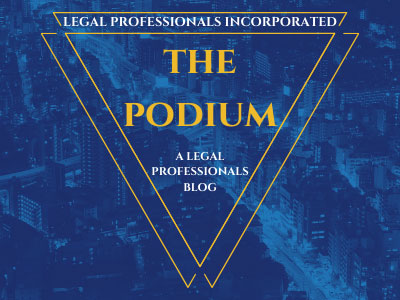
SAN FRANCISCO—The Supreme Court of California today (08/2/15) announced that the justices unanimously adopted amendments and other revisions to the California Code of Judicial Ethics based on the recommendations of the court’s Advisory Committee on the Code of Judicial Ethics.
The advisory committee, chaired by Associate Justice Richard D. Fybel, Court of Appeal, Fourth Appellate District, Division Three, made the recommendations to the court following a two-month public comment period earlier this year. The court approved substantive updates to the canons under the following three topic areas:
Disclosure of campaign contributions. The advisory committee commentary following canon 3E(2) has been amended to clarify that a judge may satisfy the disclosure requirement regarding campaign contributions by stating the disclosure orally on the record in open court if all the parties and lawyers are present in court. If not, the judge may disclose the contributions in a written minute order or in the official court minutes and notify the parties and the lawyers of the written disclosure.
Scholarships/fellowships and rewards/prizes. Canon 4D(6), which prohibits judges from accepting gifts from anyone (with enumerated exceptions), has been amended to move exceptions for acceptance of scholarships/fellowships and rewards/prizes to a new canon 4D(7). The court also added new advisory committee commentary explaining that the provisions regarding scholarships/fellowships and rewards/prizes were moved because they are not considered “gifts” as that term is defined in the code and a judge may accept them.
Mandatory ethics education for judicial candidates. Canon 5B(3), which requires judicial candidates to complete a judicial campaign ethics course, has been amended to extend to the possibility of a judge’s name appearing on the ballot as a result of a petition under Elections Code section 8203. The amendment requires a judge to complete the course within 60 days of the date the judge receives notice of the petition indicating that a write-in campaign will be conducted for the judge’s office. The advisory committee commentary was amended to reflect this method of placing a judge’s name on the ballot. The court also amended canon 5B(3) to make it applicable to (1) justices who solicit or receive campaign contributions, and (2) any judge who forms a campaign committee or solicits or receives campaign contributions, even if the judge ultimately does not appear on the ballot.
The amendments also clarify and improve the code relating to the following topics: disclosure of ex parte communications; use of “nonpublic information,” as defined; disciplinary responsibilities; gifts from parties; and includes some non-substantive formatting changes.
The core tenets underlying the Code of Judicial Ethics are to promote public trust and confidence in the judiciary, to ensure the integrity and impartiality of the judiciary, and to provide useful guidance to California’s judicial officers and candidates for judicial office as they serve on the bench or stand for election.
Categorized in: Legal Procedure
| << previous | next >> |








